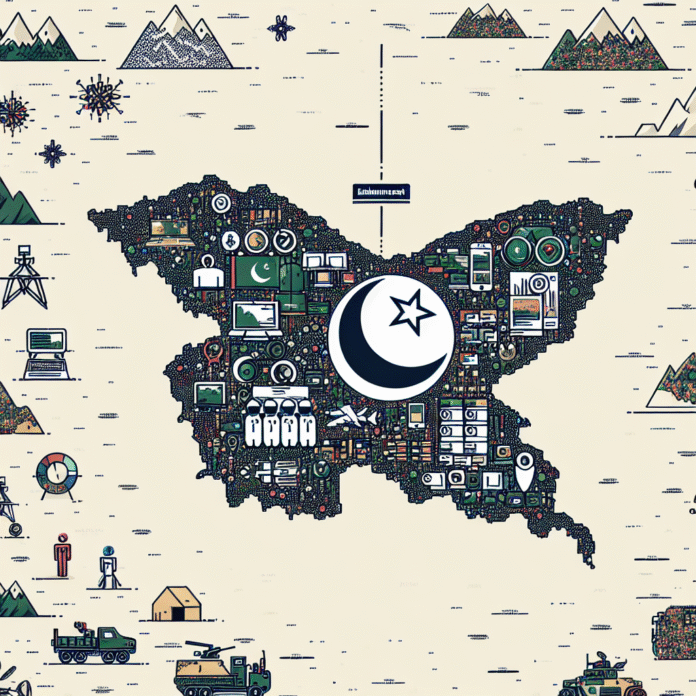Pakistan Enhances Terror Camps in PoK with New Technology After Operation Sindoor
Pakistan Enhances Terror Camps in PoK with Advanced Technology Following Operation Sindoor
Recent reports indicate that Pakistan has been revitalizing its terror camps situated in Pakistan-occupied Kashmir (PoK), employing advanced technology in the aftermath of Operation Sindoor. This operation, which targeted terrorist infrastructure, has seemingly prompted a strategic shift in how these camps are managed and equipped.
Context of Operation Sindoor
Operation Sindoor, carried out by Indian security forces, aimed to dismantle terrorist networks operating from PoK. The initiative focused on neutralizing threats that have long plagued the region and neighboring states, particularly India. The operation was characterized by its precision strikes and intelligence-driven tactics, which successfully disrupted various terror activities.
Reconstruction of Terror Camps
In response to the operational setbacks incurred during Operation Sindoor, Pakistan has reportedly embarked on a mission to reconstruct and upgrade its terror camps. These camps, which serve as training grounds for militants, are being outfitted with cutting-edge technology designed to enhance their operational efficiency. Reports suggest that this includes the use of modern communication systems, surveillance equipment, and advanced weaponry.
Use of Advanced Technologies
The integration of advanced technologies into these camps raises significant security concerns for the region. The use of drones for reconnaissance, sophisticated encryption for communications, and enhanced training modules are just a few examples of how these facilities are being modernized. Such advancements could potentially increase the threat level posed by these camps, enabling militants to execute operations with greater efficacy.
International Response and Implications
The international community has expressed alarm over Pakistan’s continued support for terrorist activities, particularly in light of these developments. Countries, particularly India and the United States, have called for increased scrutiny of Islamabad’s actions and have urged a concerted effort to combat terrorism. The modernization of terror camps not only poses a challenge to regional stability but also complicates diplomatic relations in South Asia.
Conclusion
As Pakistan continues to rebuild and enhance its terror camps in PoK with advanced technology, the implications for regional security are profound. The international community must remain vigilant and proactive in addressing the challenges posed by such developments, ensuring that measures are taken to counteract the potential threats that arise from these fortified establishments. The ongoing situation underscores the need for sustained dialogue and cooperation among nations to combat the menace of terrorism effectively.

